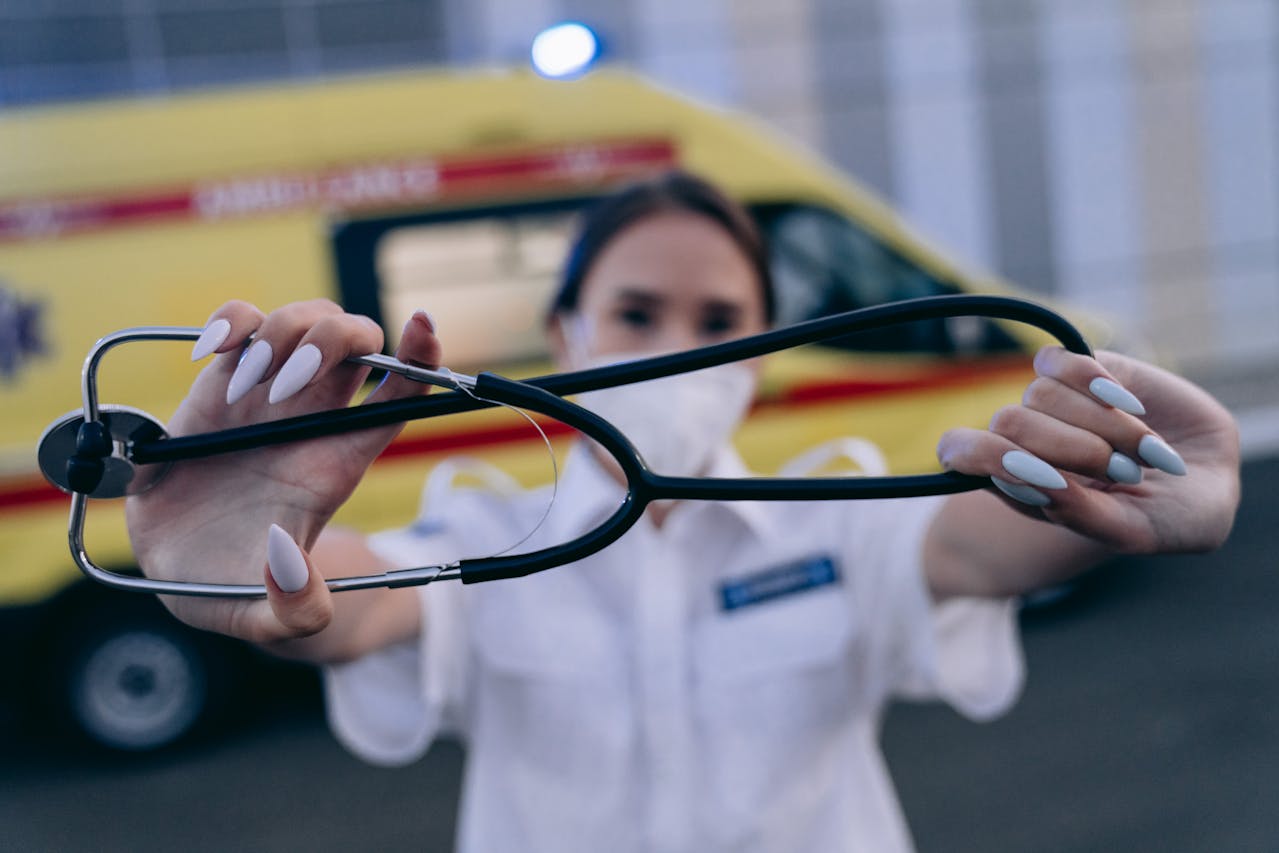Contents
Basic Life Support, or BLS, is a set of medical protocols to treat an individual experiencing a life-threatening emergency. This can be cardiac arrest, respiratory distress, or severe bleeding. You must attend a BLS training program to learn how to provide emergency care. This course is suitable for healthcare providers and first responders. The BLS course is now available online as an alternative to physical training. This article guides you on acquiring life-saving skills by enrolling in a reputable BLS certification course.
What are the primary goals of BLS?
The main objective of administering BLS is to help patients experiencing difficulty breathing or are unconscious. Here is how it allows you to provide necessary care to patients:
- Maintain circulation:
You help maintain blood flow to vital organs, such as the brain, keeping the patient alive until advanced medical help arrives.
- Support breathing:
Rescue breathing in cardiopulmonary resuscitation (CPR) provides oxygen to the lungs, ensuring that the blood circulating in the body is oxygen-rich.
- Early defibrillation:
An automated external defibrillator (AED) is a medical device that sends a shock to the heart in cases of cardiac arrest. You use this device to restore a patient’s normal heart rhythm.
- Managing choking:
If a patient is choking, BLS protocols include the Heimlich maneuver (abdominal thrusts) to clear the airway. For infants, you can give back blows and chest thrusts. By addressing the choking promptly, you can prevent severe respiratory distress and potential loss of consciousness.
- Treating severe bleeding:
BLS also involves controlling severe bleeding by applying adequate pressure to the wound with a clean cloth or bandage. This technique helps stop bleeding and can prevent shock and other complications.
- Basic first aid procedures:
Additionally, BLS protocols include essential first-aid practices, such as:
- Assessment of the emergency scene.
- Calling emergency services.
- Providing immediate medical care and continuous attention until professional help arrives.
What is a BLS certification?
BLS certification is an official credential that verifies you have been trained in the essential BLS skills. BLS courses usually cover CPR, AED use, and how to manage choking in adults, children, and infants.
Who should attend a BLS course?
BLS training is often mandatory if you work as a nurse, doctor, or paramedic. First responders, including firefighters and police officers, also need this training to handle emergencies on the job. It is important to note that the specific requirements for BLS certification may vary depending on the healthcare organization, state regulations, and job responsibilities.
Fitness coaches and childcare providers can also benefit from BLS training, as their jobs are more likely to require handling emergencies. Even if you are not in these professions, having a valid BLS certificate gives you a sense of empowerment. It equips you to save the lives of your friends, family, or strangers during critical situations.
The benefits of enrolling in a BLS course
BLS training offers several benefits that extend beyond saving lives. Here is why obtaining BLS certification can be beneficial for you:
- Enhanced job opportunities:
Many healthcare and emergency-related roles require a BLS certificate as a prerequisite. Obtaining this credential can support your application for positions in hospitals, clinics, ambulance services, and other medical settings. A BLS certificate also increases your chance of promotion at your workplace.
- Continuous education in emergency care practices:
BLS certification is valid for two years. After your current certification lapses, you must undergo a refresher course to cover the latest guidelines and best practices in emergency care. Thus it helps in continuous education in life-saving skills.
- Community impact:
Your BLS skills help you to tackle emergencies in your neighborhoods and public spaces. Thus, your BLS qualification enhances public safety and health in your community.
What are the steps to get BLS certified
Follow these steps to acquire BLS certification:
- Find a certified course:
Look for a reputable organization that offers BLS training. Many organizations provide these courses both online and in person.
- Enroll in the course:
Sign up for a course that fits your schedule. In-person training is conducted on a fixed schedule, whereas an online BLS course allows you to complete the modules at any time and anywhere independently.
- Complete the training:
Participate actively in the training sessions if you are enrolling in in-person or online classes. Pay close attention to both the theoretical lessons and practical components of BLS.
- Pass the exam:
At the end of the course, you will take an assessment to prove your proficiency and skills in BLS protocols. To pass this assessment, you must review the learning materials and focus on essential topics.
- Receive your certification:
You will receive your BLS certificate instantly upon passing the exam. This certification qualifies you to perform BLS procedures on patients during emergencies.
Conclusion
BLS certification equips you with essential skills to handle emergencies effectively. Knowing how to perform BLS procedures can help make a positive impact, whether at work, home or in your community.
By taking a BLS course, you can meet your job requirements and gain the confidence and ability to help others in critical situations. Start your BLS learning journey today by selecting a trusted provider to ensure high- quality training.



